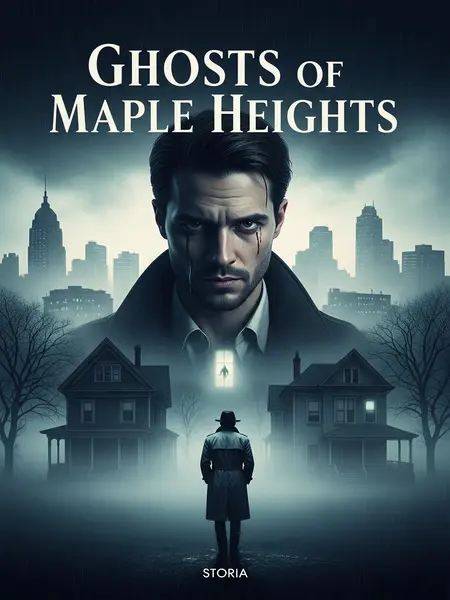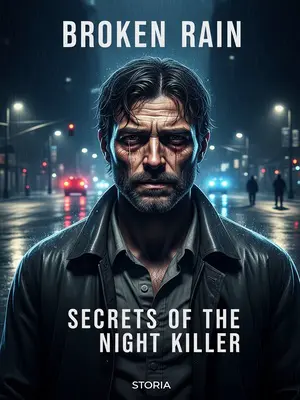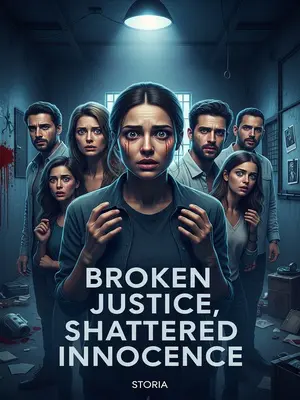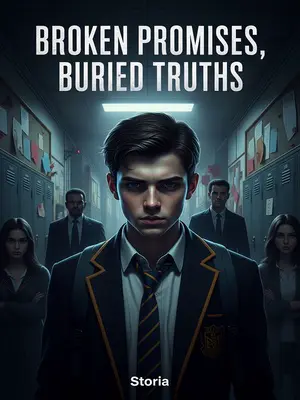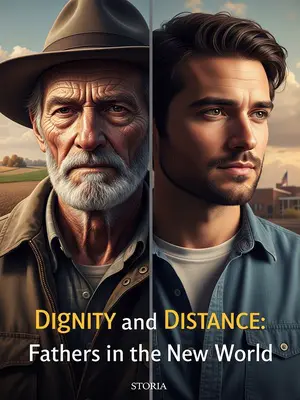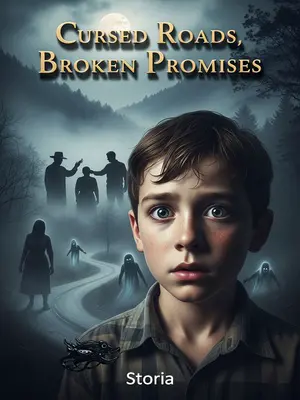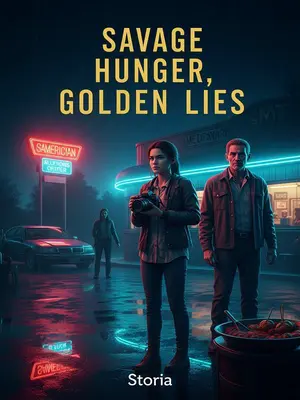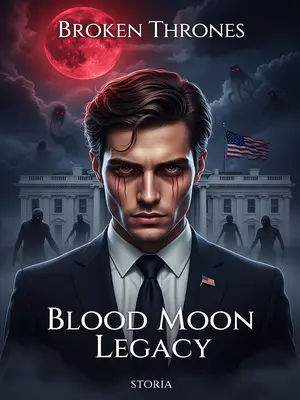Chapter 5: The Heart of Darkness
I kept my voice low as we walked to the car. “She’s not grieving. She’s scheming.”
“I caught that too. She’s hoping we call it murder.”
Marcus’s eyes narrowed, already thinking a dozen steps ahead. He made a note on his phone, his mind never stopping.
Marcus put her under surveillance. It didn’t take long to find out she’d taken out a big accident insurance policy on Nick, naming herself as beneficiary. The payout only happened if Nick died by accident or murder—not if he got killed in self-defense after picking a fight.
The insurance docs were damning, and suddenly the motive was obvious. Marcus called in his team, the tension in the office climbing with every new detail.
Marcus and I exchanged a look. No wonder she wanted the case ruled a murder—only then would she get the life insurance money.
A chill ran down my spine as the puzzle pieces started clicking into place. Greed, desperation, betrayal—it was all here, tangled up in this broken family.
Could she have teamed up with Brody to get Nick killed for the payout? First, we had to nail down the real cause of death.
The question just wouldn’t go away, thick as the muggy air outside. Marcus tapped his pen, lost in thought.
The next morning, Dr. Patel handed us the autopsy report. “Ran a new tox screen—no toxins.”
He slid the report over, poker-faced. The results were disappointing, but Marcus wasn’t buying it.
“So Nick’s death really was a freak accident?” I asked, not convinced. The insurance and the audio screamed otherwise.
Dr. Patel paused, then flipped to another page. “Not exactly. I found propranolol in his blood. It’s for blood pressure, but Nick didn’t have a prescription.”
Marcus and I exchanged a look. Nick had been drugged—that explained his weird reactions in the video. Even if he hadn’t run into David, he could’ve crashed his car. This was murder.
The realization landed like a punch. Marcus’s jaw clenched, and I felt my stomach drop. The case had just gotten a whole lot darker.
The top suspect was Nick’s wife—she stood to get everything and had bought the insurance. Marcus brought her in. She quickly admitted buying the policy, hoping to cash in if Nick got himself killed, but denied plotting murder. Marcus revealed she’d been cheating, and even the kid wasn’t Nick’s. But the evidence pointed more toward Brody.
The interrogation was tense, the air thick with accusation and denial. Marcus pressed, but she didn’t crack. Still, the truth felt close—just out of reach.
Just then, a detective burst in: “Detective Reed, we found Brody!”
His announcement sent a jolt through the squad room. Marcus grabbed his coat, and I followed, adrenaline kicking in.
Brody—real name Brody Jackson, 35—was an ex-con now working as a nightclub bouncer. Marcus led a team to his place, with me tagging along. As we got close, the stench hit us—like something had died. Marcus had the door kicked in. Inside, we found Brody’s body decomposing on the sofa, flies everywhere. Forensics said he’d been dead about five days. Two wine glasses sat on the table—one with only Brody’s prints and saliva, the other with both his and Nick’s, and traces of propranolol.
The scene was gruesome—the kind that sticks with you. The air was thick with rot, and even the toughest cops looked green. I covered my nose, fighting the urge to throw up.
Surveillance footage from Brody’s home told the whole story. On July 22 at 10:05 p.m., Nick showed up, and they drank red wine. Brody warned Nick not to cross the boss, but Nick bragged he had dirt on him. After they clinked glasses, Nick left—unaware he’d been drugged. Less than a minute later, Brody collapsed, foaming at the mouth. Forensics confirmed cyanide poisoning.
The footage was chilling, every frame heavy with betrayal. The implications were huge.
Did Nick poison Brody to get revenge? Or did Brody take his own life? The questions just kept piling up.
Marcus’s team dug into Brody and Nick’s networks, hunting for "the boss" and whatever Nick was holding over him. After a month, the trail went cold.
The leads dried up, and the office felt heavier with every passing day. Everyone was frustrated, haunted by unfinished business.
It reminded me of the serial disembowelment case—a year ago, after months of dead ends, the trail just stopped. Now, it was happening again.
The déjà vu was suffocating. I remembered the sleepless nights, the endless dead ends, the feeling that the truth was always just out of reach.
On August 31, bone-tired and ready to quit, I got home and found a new envelope tucked in my USPS mailbox. On it, three neat words: "Seeker of Justice."
My hands shook as I picked it up. The handwriting was careful, almost elegant. Whoever left it knew what they were doing.
Every trace of exhaustion vanished. Inside was a bank safe deposit slip and a key. The name on the slip: Nick Foster.
My pulse thundered in my ears. The answer had been right there, waiting for someone to look.
Because safe deposit boxes don’t show up in standard records, we’d missed Nick’s. I called Marcus right away. Early the next morning, we opened Nick’s box at the bank and found a portable hard drive.
The bank manager hovered nearby as we signed for it. The drive was small, ordinary—yet it felt like it weighed a ton.
Back at the station, we plugged in the drive and recoiled at what we found: photos of children, sedated and laid out in makeshift operating rooms, their organs being harvested—kidneys, livers, corneas. Another folder showed a middle-aged man with a scholarly look, surrounded by kids, smiling for the camera. The evidence was damning: this nationally renowned philanthropist was running an underground organ trafficking ring.
The images burned into my brain—innocent faces, surgical scars, blood-stained gloves. The philanthropist’s smile was chilling, his eyes cold and empty behind his glasses.
The revelations were explosive. Marcus reported straight to the state authorities, and the case was kicked up to Washington. A federal task force was sent in, and Marcus got assigned, but I was locked out. News about the case was locked down tight.
The city buzzed with rumors, but the official word was silence. I watched from the sidelines, frustrated and powerless, as the machine of justice turned behind closed doors.
A month later, the philanthropist was arrested—but only for "financial crimes." Three months later, the Gazette ran a short notice: "Yesterday, Maple Heights Police dismantled a human organ trafficking ring..." The report was vague and tight-lipped. The authorities clearly wanted the scandal buried.
The press release was pure PR—no names, no details, just enough to say they did something without exposing the rot underneath.
